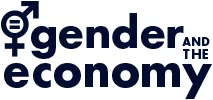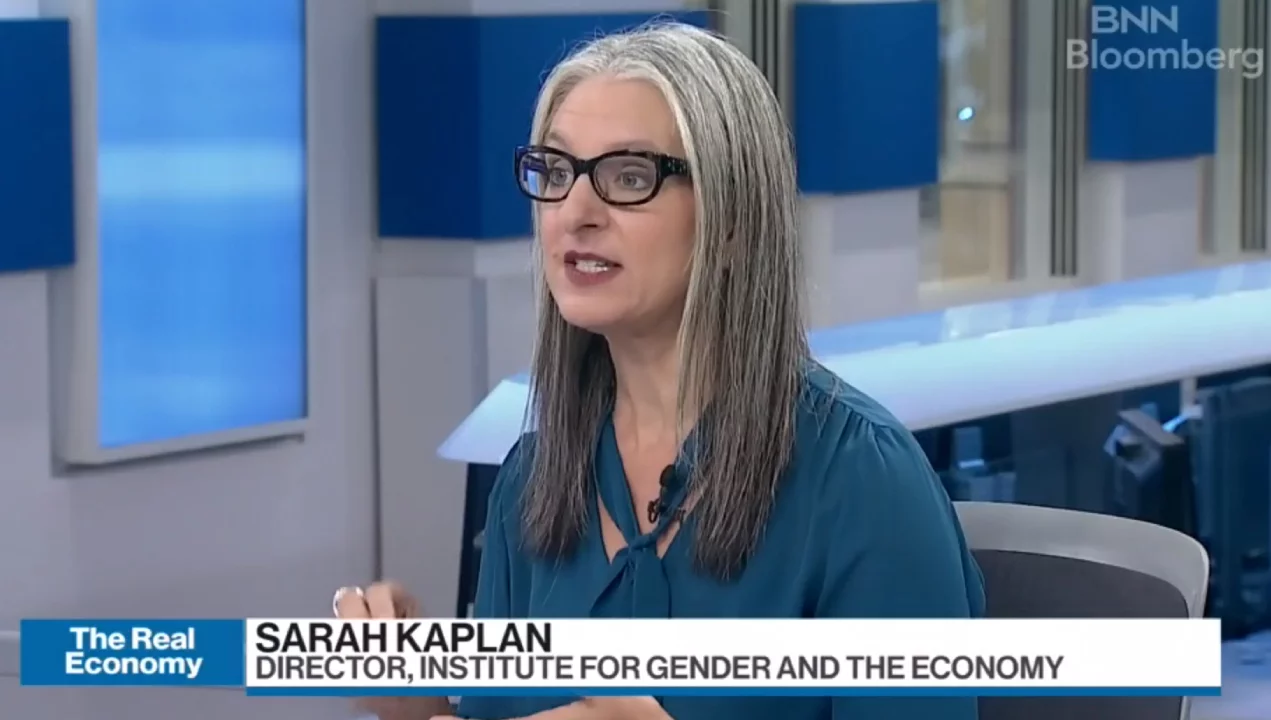Canadian women do about 1.5 more hours of unpaid work than men each day. Much of this unpaid work relates to care, whether it be childcare or eldercare. Care work tends to be highly undervalued and unrecognized. Recent data from Oxfam suggest that the value of women’s unpaid work globally is $10.9 trillion – more than the combined revenue of the biggest 50 companies on the 2019 Fortune Global 500 list. A lack of support for, and recognition for the value of, women’s disproportionate care burden facilitates the gender wage gap and hinders gender equality.
Below, we’ve curated a collection of our best research and insights on this subject.
Care responsibilities and work-life balance
Since 1976, the percentage of dual-earner families has nearly doubled from 36 to 69%. This increase is driven primarily by women’s greater participation in the paid labour market. In 2014, 58% of women between the ages of 25 and 54 were employed full-time. Single mothers accounted for 81% of lone-parent families.
At the same time that their share of paid work is increasing, women spend twice as much time performing unpaid childcare as men (50.1 vs. 24.4 hours per week on average), and they spend more time on domestic work than men (13.8 vs. 8.3 hours per week). Canadian women also spend less time on leisure activities, and they are more likely than men to be simultaneously engaged in unpaid work. The “second shift” performed by working women is exacerbated by unrealistic cultural norms of intensive mothering. Women also make up a larger share of the “sandwich” generation, cohorts of adults who are responsible for caring for their ageing parents in addition to bringing up their own children. Nearly 6 in 10 (57%) of eldercare providers are women.
Expectations that workers are available 24/7 and job design that inhibits remote work also make it more challenging to accommodate caregiving responsibilities. The inflexibility of work hours and lack of schedule control in high-status occupations like law contributes to women’s stratification within such fields and their overall underrepresentation in such fields.
Gemma Hartley on women’s emotional labour
In this video, Gemma Hartley, author of Fed Up: Emotional Labor, Women and the Way Forward, talks about unequal roles in care work – particularly when it comes to emotional and cognitive labour (i.e. all the thinking, planning and organizing that goes into care work, such as planning children’s parties, ensuring they have the right school supplies, scheduling doctors’ appointments, and so on).







